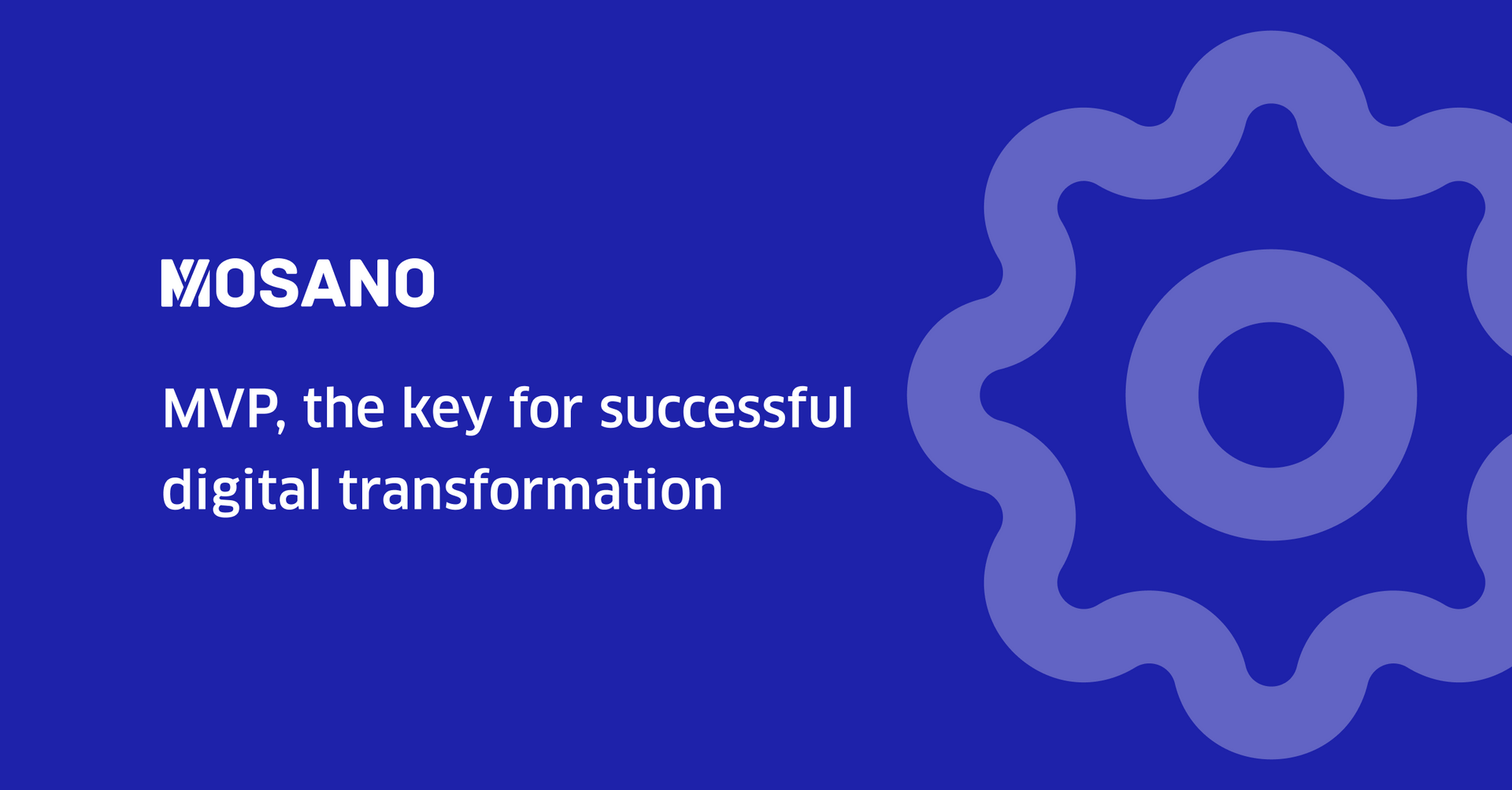In our last post, “How to Launch Your Startup Business,” we walked through the essential steps for turning your startup idea into reality. Now, we’re diving deeper into one of the most critical parts of that process: narrowing down the scope of your Minimum Viable Product (MVP).
Whether you’re in healthcare, e-commerce, finance, or energy, having an efficient, market-ready digital solution is non-negotiable. But we know the road to successful digital product development can be bumpy.
Today, we are breaking down why focusing on a streamlined MVP is crucial to navigating this journey.
What is an MVP?
An MVP is the simplest, most basic version of your product that you can bring to market. It has just enough features to solve a core problem and deliver value to your early users while allowing you to gather vital feedback for further development.
5 reasons why an MVP is essential
- Cost optimization - With IT budgets under pressure, sticking to the MVP approach helps you conserve resources and reduce financial risk by zeroing in on the features that truly matter.
- Market validation - An MVP lets you test the market before committing to a full-scale build, ensuring you’re investing in something people actually need. This is especially important in tightly regulated industries like healthcare and finance.
- User-centric development - Early feedback is gold. By prioritizing the features that your users and stakeholders care about, you’ll end up with a product that better aligns with your industry’s specific demands.
- Agility and flexibility - In fast-paced sectors like e-commerce, being able to adapt quickly is key. An MVP lets you pivot swiftly based on real-world data and market shifts.
- Faster time-to-market - Getting your product out there quickly helps you build momentum, capture early opportunities, and stay ahead in competitive markets.
What are the risks of going all-in from the start?
Building a complete product right off the bat can backfire in a few ways:
- Skyrocketing costs - Going full-scale too soon can drain your budget, especially when you’re already trying to keep IT expenses in check.
- Market misalignment - Without real user feedback, you risk developing features that don’t actually solve your users’ problems, leading to wasted time and money.
- Missed opportunities - Lengthy development cycles can lead to delayed launches, which is a big deal in rapidly evolving industries.
- Technical debt: Overbuilding early on often leads to technical debt, especially when it comes time to update or scale your system later.
Steps to Building a Successful MVP

Creating a successful MVP is all about striking the right balance between delivering value quickly and laying a strong foundation for future growth.
It’s easy to get caught up in the excitement of building a full-featured product, but remember—your MVP should be lean, focused, and built to validate your core idea.
- Define your core value proposition - Identify the one feature that solves your target audience’s most pressing problem. In healthcare, for instance, this might be a compliance-friendly patient data management tool.
- Set industry-specific success metrics - Know what success looks like in your field. In banking, for example, this could mean focusing on transaction speeds or security standards.
- Build lean and scalable - Start small with just the features that are absolutely necessary, but ensure there’s room to scale up later.
- Get targeted feedback - Release your MVP to a select group of industry insiders and gather detailed input on usability, functionality, and compliance.
- Iterate and improve - Use the feedback to fine-tune your product, adding features that align with what your market really needs.
In digital product development, starting with a focused MVP isn’t just a good idea — it’s a game changer.
By zeroing in on the core functionalities that matter most to your users, you’re able to validate your product’s market fit while minimizing costs and risks. This strategic approach allows you to stay nimble, gathering valuable feedback early on, so you can refine and evolve your product based on real-world needs.
A well thought MVP strategy ensures you’re not just building for today, but laying a solid foundation for future growth and scalability. For businesses in sectors like healthcare, finance, e-commerce, or energy, where speed, compliance, and precision are critical, working with an expert partner can make all the difference.
At Mosano, we specialize in helping companies develop market-ready digital products that align with both industry standards and business goals. Our team understands the unique challenges of each sector, enabling us to deliver tailored solutions that drive meaningful results.
If you’re ready to turn your digital product vision into a reality, reach out to Mosano. Discover how we can help you tackle your industry-specific challenges and accelerate your path to success.


